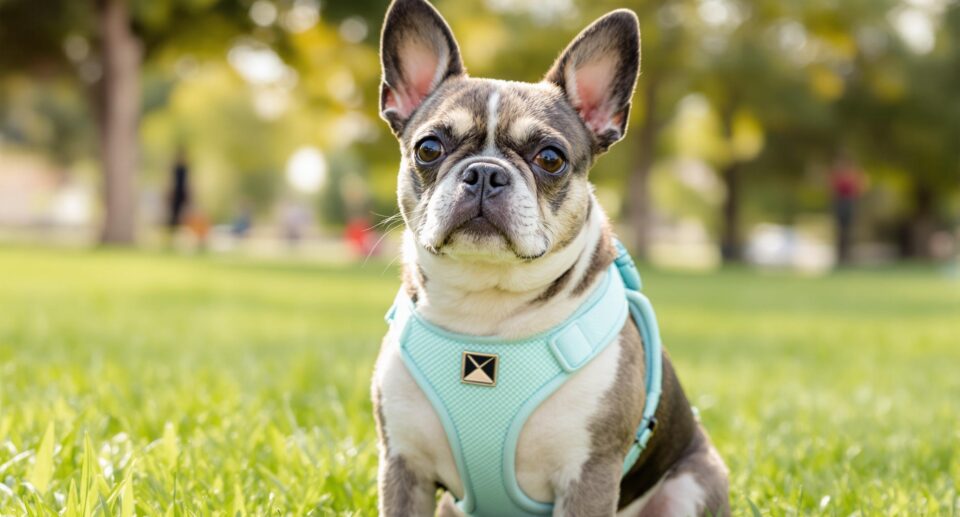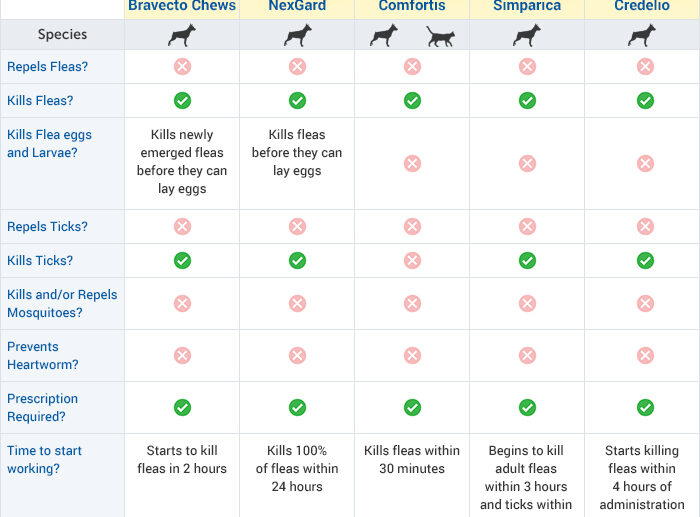What Dog Parents Should Know About Collapsed Trachea in Dogs

Does your small dog have a dry, hacking cough that just won’t go away? Tracheal collapse is one of the most common health issues that affect small and toy breed dogs. Though it can be serious and life-threatening, this condition is highly manageable and most dogs can live a happy, healthy life with treatment.
Learn about the symptoms, possible causes and treatment options for dogs with a collapsed trachea.
What is Collapsed Trachea in Dogs?
The trachea, or windpipe, is made up of a series of rings of cartilage. But these rings are not closed circles. Instead, they’re actually semi-circles, shaped like a “C”, with muscle tissue covering the open end. The muscular membrane is located along the back of the trachea that faces the spine.
In dogs with symptoms of collapsed trachea, the c-shaped cartilage has weakened, no longer holding the trachea open. The muscular membrane, no longer held taut, can stretch and loosen, falling into the trachea. This leads to irritation and the sensation of a tickle in the throat, giving the dog an urge to cough.
The more the dog coughs, the more irritated the throat can become. The inflammation leads to mucus production, which leads to more coughing. This cycle of coughing and inflammation, if not controlled, can make the condition worse.
What Causes Collapsed Trachea in Dogs?
The majority of dogs that develop collapsed trachea are miniature and toy breeds like Yorkshire Terriers, Chihuahuas, Pomeranians, Pugs, and Miniature and Toy Poodles, likely because of the small, delicate nature of their trachea. However, it’s sometimes seen in cats and larger dogs.
There’s no known cause of tracheal collapse, and it’s possible for dogs to have this condition without symptoms. The condition can become symptomatic in middle age, especially when exacerbated by certain factors.
Potential causes or increased risk factors of tracheal collapse:
- Pressure or trauma from wearing a collar, especially in dogs that pull on walks
- Obesity
- Overexcitement, especially with excessive barking
- Air pollution or allergens (cigarette smoke, dust, pollen
- History of kennel cough or other respiratory infection
Small breed dogs should wear a collar as little as possible, if ever. Instead, use a comfortable harness to attach their leash on walks, and make sure the harness is well-fitting and does not apply any pressure to the neck or throat. Collar ID tags can instead be attached to a harness.
Symptoms of Tracheal Collapse in Dogs:
- Dry, hacking cough, sometimes compared to a goose honk
- Exercise intolerance
- Coughing after exercise, overexcitement, or barking
- Coughing when pressure applied to throat, e.g. when wearing a collar or when picked up
- Gagging, especially when eating or drinking
- Bluish tint to gums, seen with severe airway restriction
Small dogs can also experience a similar, but separate respiratory issue called “reverse sneezing.” Their soft palate tends to be slightly longer in proportion to other dogs, and it can extend into the back of the throat. When the soft palate gets irritated, usually from exercise, dust, or airborne allergens, it can trigger short episodes of snorting, wheezing, and honking.
Reverse sneezing is usually harmless, but it can be difficult to distinguish from coughing caused by tracheal collapse. A reverse sneeze is an episode that lasts about thirty seconds, during which the dog will wheeze through their nose. Tracheal collapse is usually associated with a dry hack or cough.
If your dog has trouble breathing, loses consciousness, has a bluish tint to their gums, seek emergency veterinary care. In severe cases the trachea can become mostly or completely blocked, preventing breathing, and possibly leading to death.
Diagnosis and Treatment of Collapsed Trachea in Dogs
While collapsed trachea is incredibly common in toy breed dogs, a veterinarian will need to confirm, assess the degree of collapse, check for other underlying issues like heart disease, which can also cause coughing.
In the majority of dogs with tracheal collapse, lifelong medication and lifestyle changes are enough to control coughing. The veterinarian may prescribe anti-inflammatory medication, a cough suppressant, and/or bronchodilator. Dogs with this condition are often more susceptible to respiratory infections and may need antibiotics when an infection is present.
For overweight dogs, around 70% improve after weight loss. Weight management can be difficult for dogs with tracheal collapse, especially if their veterinarian recommends restricted exercise and/or steroids, but switching to low calorie treats and a weight management dog food can be helpful.
Research suggests that dogs with tracheal collapse have an increased risk of developing liver disease due to inadequate oxygen intake, and should be regularly monitored for liver disease.
For some dogs, medication is not enough, and surgery may be needed to help them breathe. With surgery, a mesh stent or plastic rings are installed to help keep the trachea open. Breathing usually improves after surgery but medication to manage coughing is usually still necessary.
VISION
Every pet deserves to live a long, happy, healthy life.





